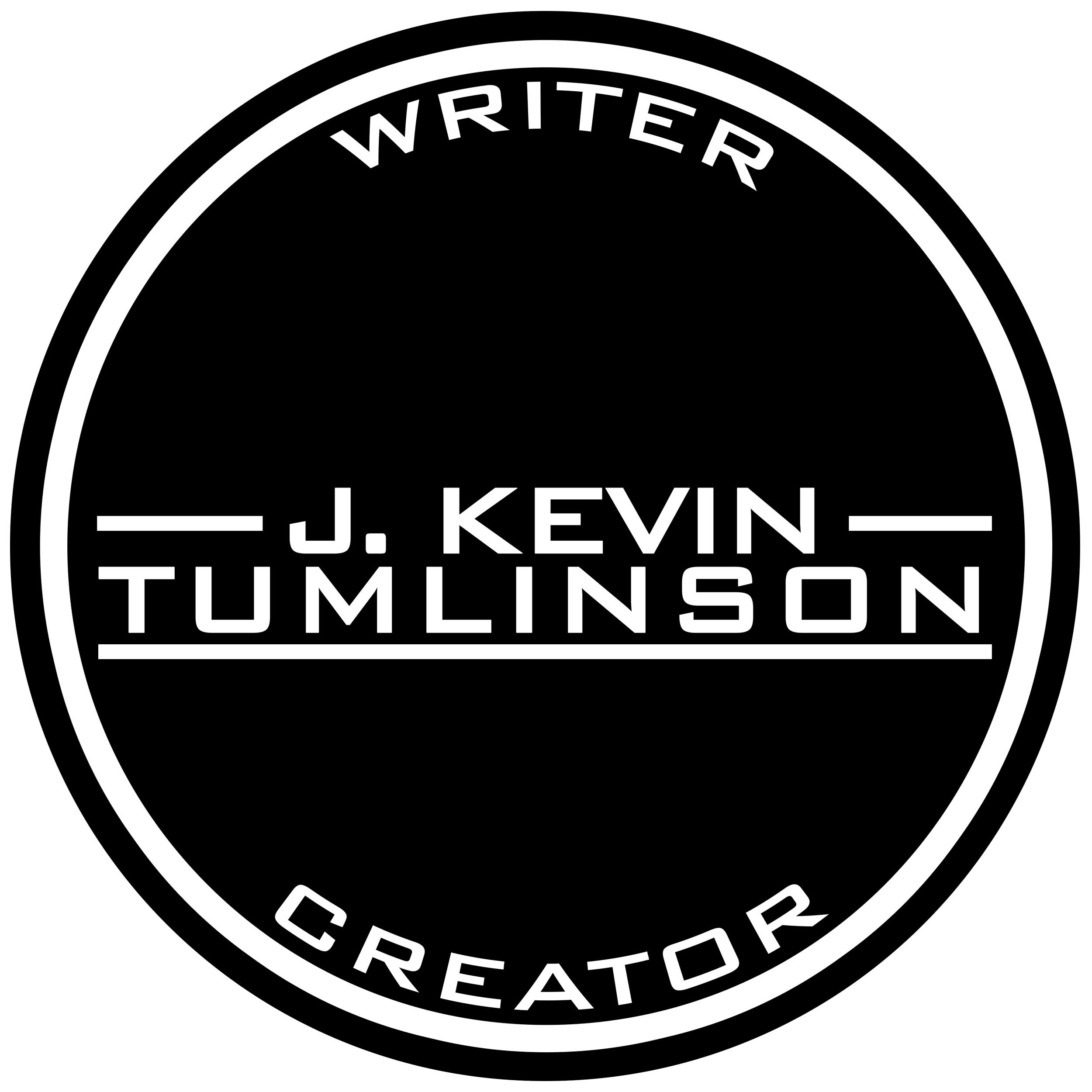How to avoid looking like a carrot
I recently read a couple of books by Libbie Hawker—Gotta Read It! and Take Off Your Pants!. The former is a guide for writing effective book pitches, like those you see on Amazon book listings or on the back cover of the book. The latter is a pretty handy guide to outlining. And even though I'm pretty much a pantser for life, I grudgingly admit that Libbie's technique is pretty cool.
These two books are part of this ongoing commitment I have to learn and grow as an author, both for my own benefit and so that I can offer some insight to the people I coach or who listen to the Self Publishing Answers Podcast. That's sort of the cost of doing business when you make your living from your expertise and know-how. Education doesn't stop. Ever.
Can sure be exhausting, though.
Hawker's books are worth the read, and very helpful, but I've lost count of how many books I've read or listened to that didn't bring much meat for the stew. There might be some tidbits, but for the most part the bones have been picked dry. I see a lot of the same advice and tips and tricks, over and again, in every book I read.
Which is why you have to branch out.
Inspiration doesn't come out of nowhere
I'm a fiction writer—sort of a different kind of writing animal than someone who is writing from their expertise and authority. You'd think that all I'd ever have to read is fiction, and that sounds pretty enjoyable to some folks.
To me, too. I like fiction, and I like discovering really good fiction. But to be honest, fiction isn't what most inspires or informs what I write.
I take a lot of my inspiration from real-world events, biographies, conversations I have with friends, or just snatches of conversation I hear on the street. And, oddly, I get inspired pretty often by the nonfiction I read, like Hawker's books.
Whatever your profession, there's a tendency to think that you have to immerse yourself in work in that field—and only that field—in order to become a master of it. But that isn't quite right.
Yes, you have to read the stuff that's important in your field. You have to keep up with the latest trends and information, the new research, the new advances in thinking. But if you ate a diet of only carrots, you'd eventually turn orange.
The same thing happens in your reading.
Variety is my favorite spice
Variety in what you read makes you well rounded, and it gives you more disparate ideas that you can synthesize and connect into something new later. It also keeps your skin a healthy pinkish color*.
I'm not just talking to writers right now. I'm also talking to anyone who wants to expand the way they think, and grow in whatever they do. You should definitely read what you love, but you should also constantly try to branch out and read and experience new things.
If you really want to dominate in your field, to grow beyond where you are and who you are, then the best thing you could possibly do for yourself is to start looking for different prespectives on the world. Start reading articles and books about people, careers, and cultures that are completely new to you. Start watching films that aren't typically in your favorite genre. Start eating at restaurants that serve foods you've never heard of. And start seeking out new life and new civilizations like you were a character on a popular 60s science fiction show.
Go boldly.
Go for experience like it stole your wallet
But go. Seek experience. Look for it harder than you'd look for a lost hundred dollar bill. Look for it the way you'd look for a lost child—frantic, desperate, constantly hopeful and never tiring. Experience leads to wisdom, and wisdom leads to a bigger, better, more enriched life.
You can get there from here.
*Not verified by the FDA.

